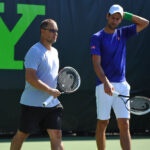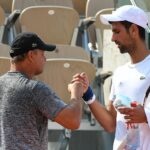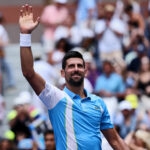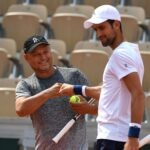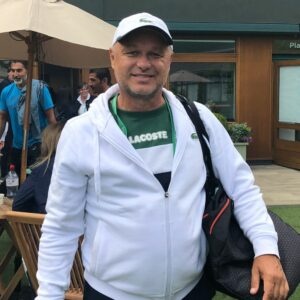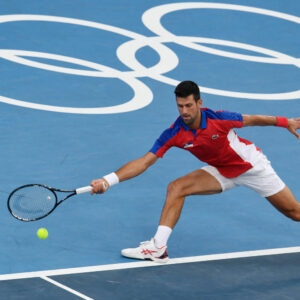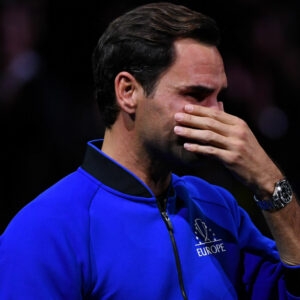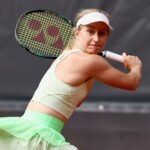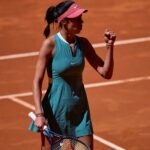Marian Vajda’s messages to the world about Novak Djokovic, the ultimate professional
No one has been closer to Novak Djokovic than his former coach Marian Vajda. Tennis Majors had the last big interview with the Slovakian last summer, which revealed some unique insights into their partnership
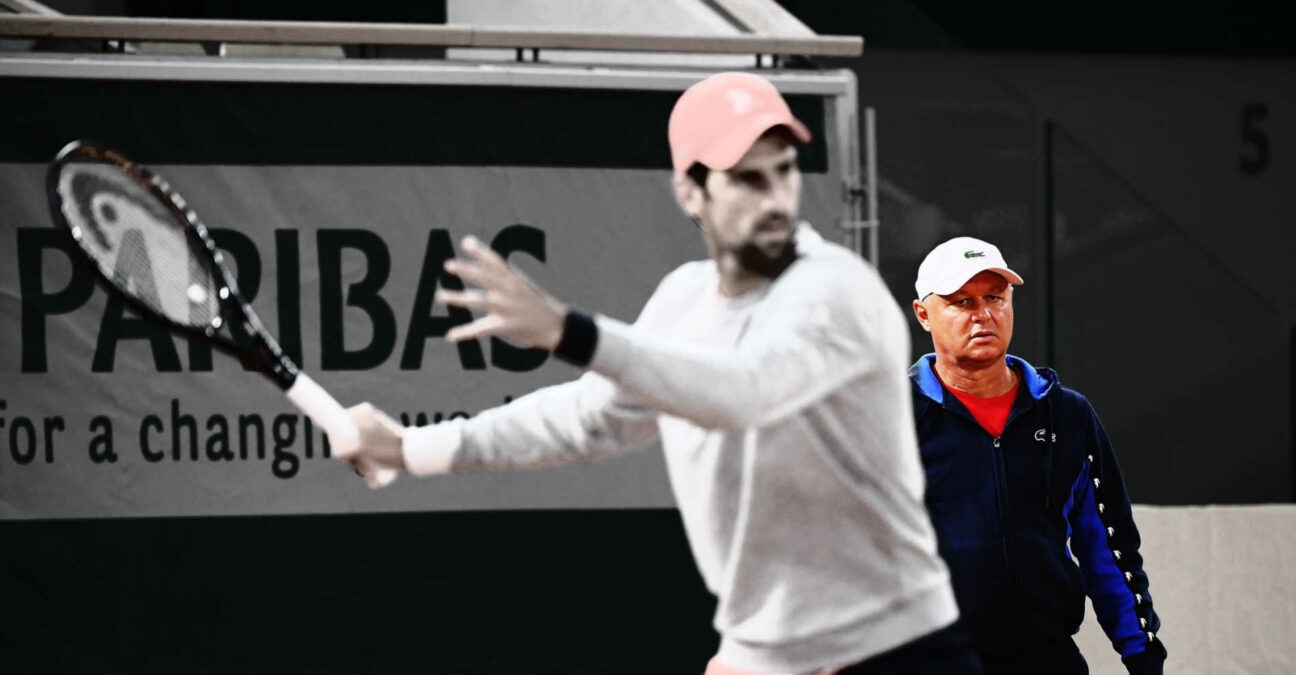 Marian Vajda coaching Novak Djokovic, Roland-Garros 2020 (© Christophe Saidi / SIPA / Tennis Majors)
Marian Vajda coaching Novak Djokovic, Roland-Garros 2020 (© Christophe Saidi / SIPA / Tennis Majors)
After 15 years together, during which he won all 20 of his Grand Slam titles (to date), Novak Djokovic confirmed this week that he and coach Marian Vajda have parted ways, amicably, a decision they took toward the end of 2021, well before the events in Australia at the start of this year which saw Djokovic unable to defend his Australian Open title.
The news, which was first revealed by Tennis Majors, was a shock. How Djokovic performs without his trusted coach and friend in his camp remains to be seen. Vajda has been much more than a coach, more like family to Djokovic, the rock he relied on in difficult times, the calm, warm, wise head when he needed it most.
In the past year, a period when Djokovic came closer than any man for more than 50 years to winning the calendar-year Grand Slam, Vajda has revealed some of the reasons Djokovic has become such a champion. We look back at some of the insights Vajda has given into Djokovic himself and what made his relationship with the former world No 1 so rich and so successful.
“He wants to improve every element of his game. I really admire that”
Speaking to reporters after Djokovic’s victory at Roland-Garros last summer, Vajda outlined how Djokovic’s desire to get every ounce out of his talent has driven him to his success.
“He’s absolutely professional,” Vajda said. “He’s putting himself like more under pressure on practices. He wants to really improve over every element of his game. This is amazing. I really admire that, that he wants to be better and better.
“I remember as a player, I always wanted to be, as well, to develop my game, but I couldn’t. In some moment I had limits. Looks like Novak still sees… his game at the level that he can really go much farther, improve on serve, backhand, overall game, volleys. This makes me so happy as a coach. I really appreciate that approach to his practices, behind-the-scenes tennis. It allows him to be always the best at the Grand Slams.”
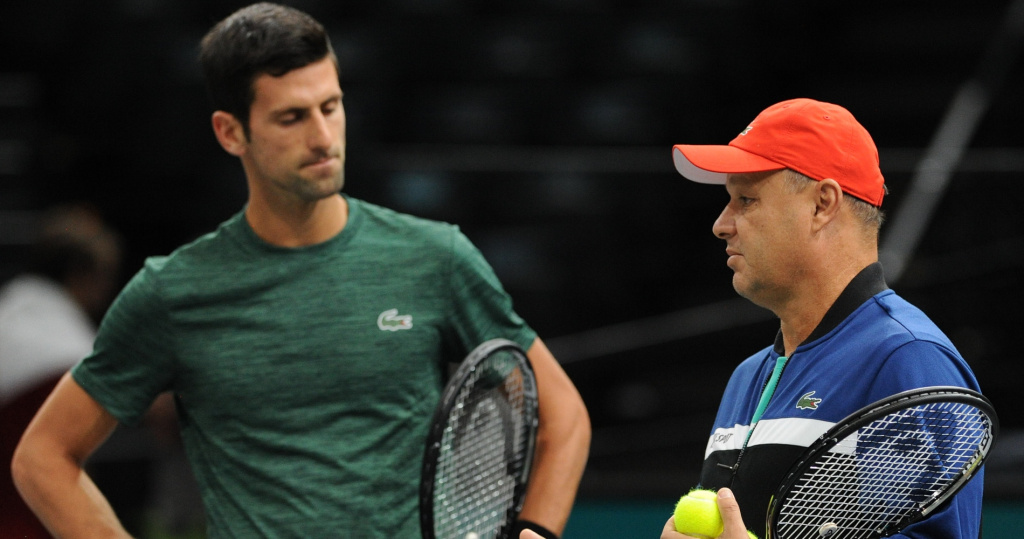
The difference between Djokovic and Nadal on clay
Djokovic beat Nadal in a blockbuster of a semi-final at Roland-Garros on his way to winning the title last year and Vajda outlined the differences between succeeding on clay for Djokovic to the way Nadal, a 13-time champion in Paris attacks the clay-court season.
“If you are really good clay court specialist, like Rafa, he has a special game for the clay,” Vajda said after Djokovic’s 6–7, 2–6, 6–3, 6–2, 6–4 win over Stefanos Tsitsipas in the final gave him a second French Open crown. “He doesn’t need to work that hard for the clay because he has everything, the shots, the selection of shots, technically he’s just perfect to stay on the clay for longer.
“But Novak has to find his game throughout the clay court season. He picked it up just at the moment, at the right moment. I think his mind was set up for to win it, to win the Grand Slam. This helps him a lot to overcome always when he’s in the difficult moments.”
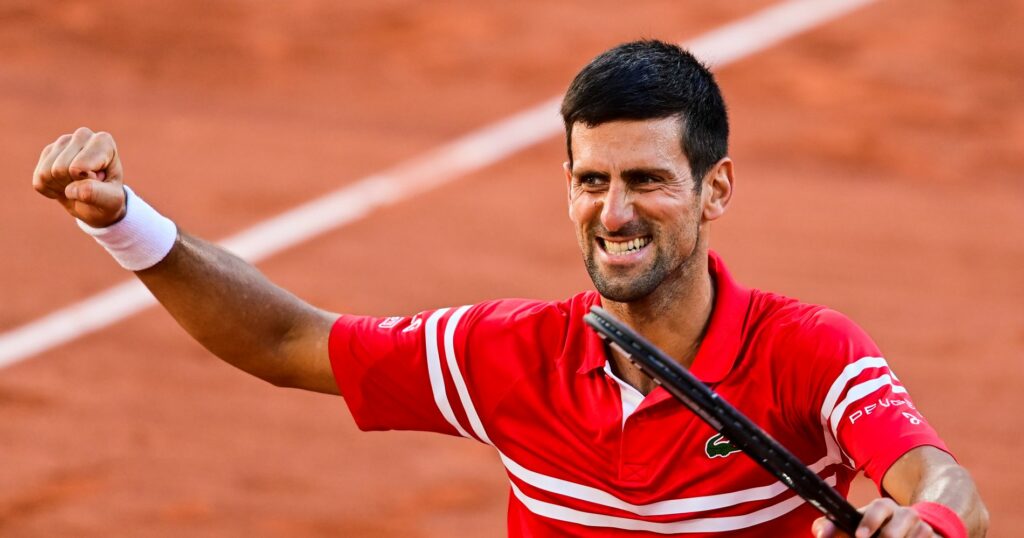
His task as coach, in the latter stages of their partnership
In an interview with Tennis Majors’ Sasa Ozmo after Djokovic’s sixth Wimbledon triumph last summer, Vajda was asked what he saw his biggest task was as coach. His answer was revealing.
“To keep him on track, to keep the same routine that we have,” he said. “Also, to bring positive vibration and good energy. Preparation is very important, he needs to stay ready. Of course, putting up a good programme for practices, but to support him and give him confidence as well. As a team, we believe in what he is doing and what we are doing. Novak is in really good shape now, I feel like there is no limit for him.”
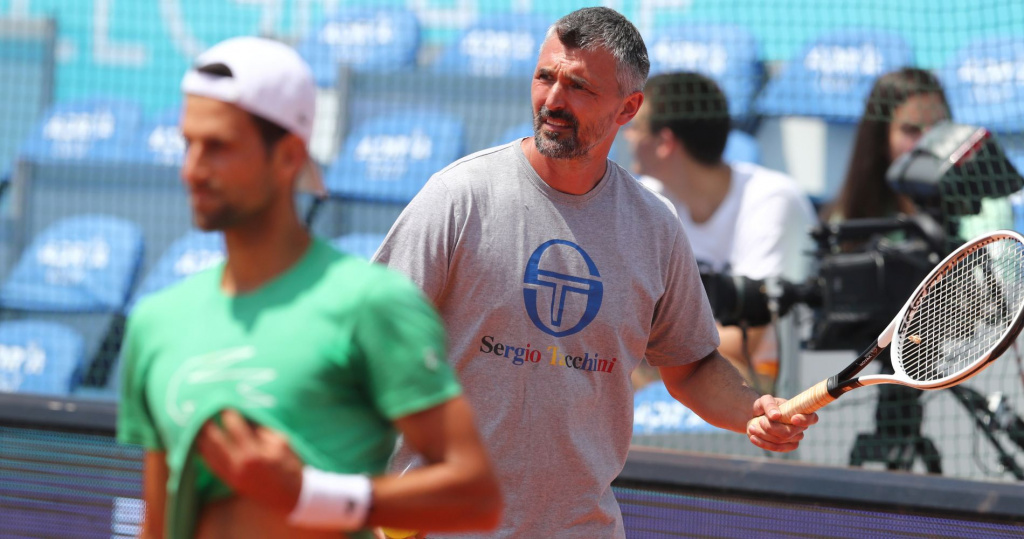
Why Goran Ivanisevic was the perfect fit in 2019
Djokovic added former Wimbledon champion Goran Ivanisevic to his team in the summer of 2019, hoping that the Croat, who had helped Marin Cilic to US Open glory in 2014, would give him a new focus. Vajda said the 2001 Wimbledon champion was a perfect fit and that he was the man most responsible for the improvement in Djokovic’s serve.
“Firstly, I must say that Goran was an excellent choice (for a co-coach),” Vajda said. “Our mentality is similar, everything clicked from day one. Goran is very straightforward in communication, that is what I like the most about him – he always says it the way it is. Goran fit in very well, and Novak was pleased with the team.”
His influence soon became clear in Djokovic’s serve, which became even better and won him plenty of matches even on the days when the rest of his game was not in its usual rhythm.
“Goran’s inputs have been great, he is the master-chef in that part of the kitchen,” Vajda said. “The serve is not quite like Goran’s… but his instructions have been similar to what he himself used to do: the toss is lower and the biomechanics are different, Novak is now quicker to get up on the serve. He is not waiting for momentum, so his serve is much more fluent and energetic before hitting the ball.
“It increases the speed of the ball as well as enabling him to hit it with enhanced precision. You can see that Novak is serving more aces and, overall, his serve is far more controlled. Also, the confidence is higher and with Novak, he is always so good at implementing things: what Goran is saying has been simple and very effective for Novak.”
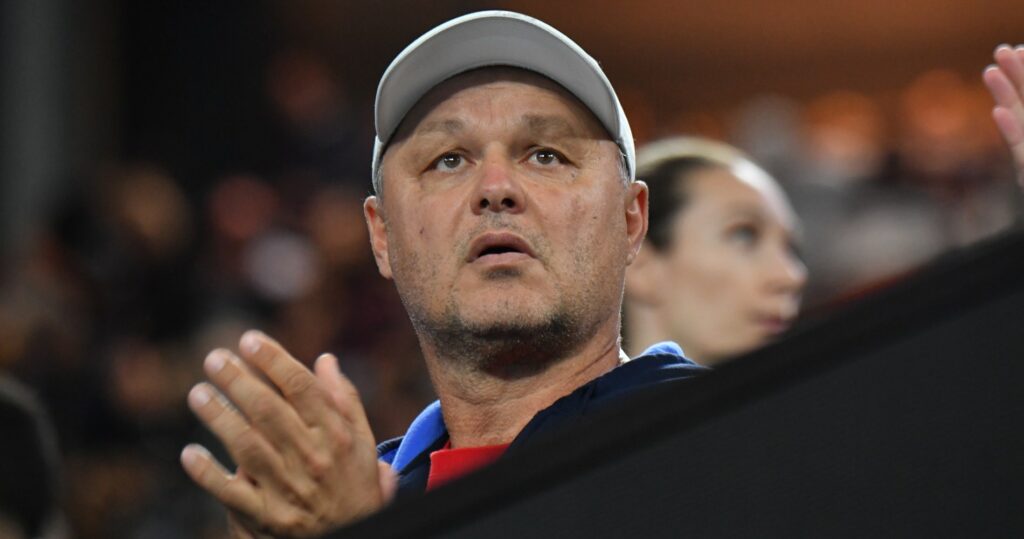
Sometimes Novak puts too much pressure on himself
Djokovic has been able to handle numerous difficult situations on court and in fact, it’s when he’s down and looks beaten that he often produces his best; think of the 2010 and 2011 US Opens, when he saved two match points in each match to beat Roger Federer in the semi-finals – and the 2019 Wimbledon final, when he did it again to deny Federer what would have been his 21st Grand Slam title.
In a way, the pressure is good, because it gets the best out of you.
Marian Vajda, on Novak Djokovic
Vajda said the fact that Djokovic puts so much pressure on himself in practice is partly why he’s won so much.
“We adjust practices to the next opponent, but it is more about the mental aspect, to be ready,” he said. “You do not want to lose, that is the pressure, but if anyone can handle it, it is Novak. It is funny, the relationship with pressure. Sometimes Novak puts too much pressure on himself, but if he did not put not that pressure on himself, he would never be the champion that he is.
“When the situation is like that, you cannot tell him “be quiet” or “be nice” or “calm down,” because you know the energy is bursting inside of him, it is a positive thing. In a way, the pressure is good, because it gets the best out of you.”
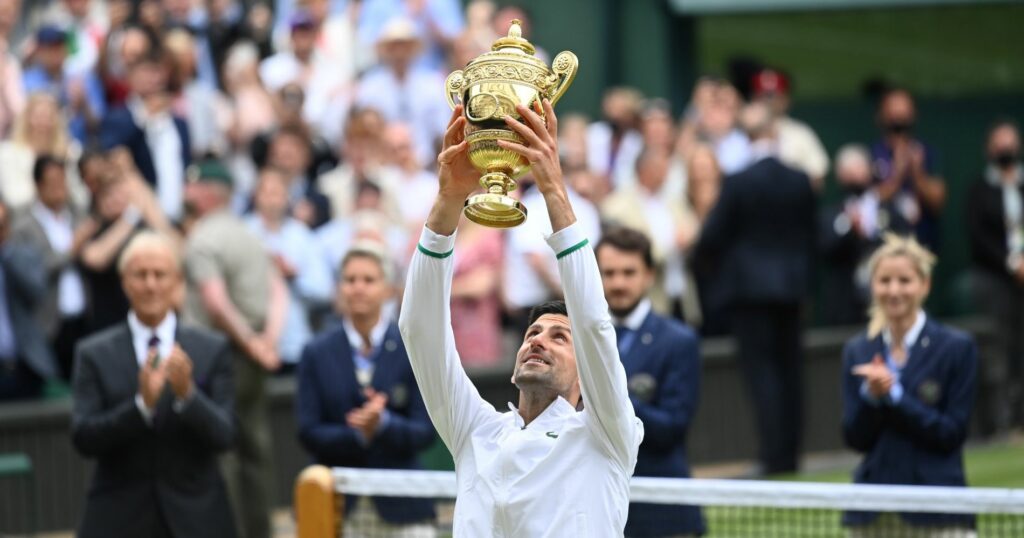
How Djokovic has become so good on grass
When Djokovic won Wimbledon for the first time in 2011, few people would have been bold enough to say he would go on to win it five more times (and counting). Vajda said his victory in 2021, beating Matteo Berrettini in the final, showed how at home he has become on grass.
“I feel that nobody tested Novak to the highest point,” he said. “For the finals, I told my family that there were going to be four sets and one tie break – my prediction was good. Novak plays intelligent grass court tennis and he has the most experience; he has been excelling on grass for years, which was a big advantage against Berrettini. For Matteo it was really difficult – in his first Slam final, the opponent was Novak at Wimbledon.”
Media promotes Nadal and Federer, the younger generation too – nice things are being written about Novak as well, but from my point of view, he deserves more positive coverage, he is a true champion
Marian Vajda on Novak Djokovic
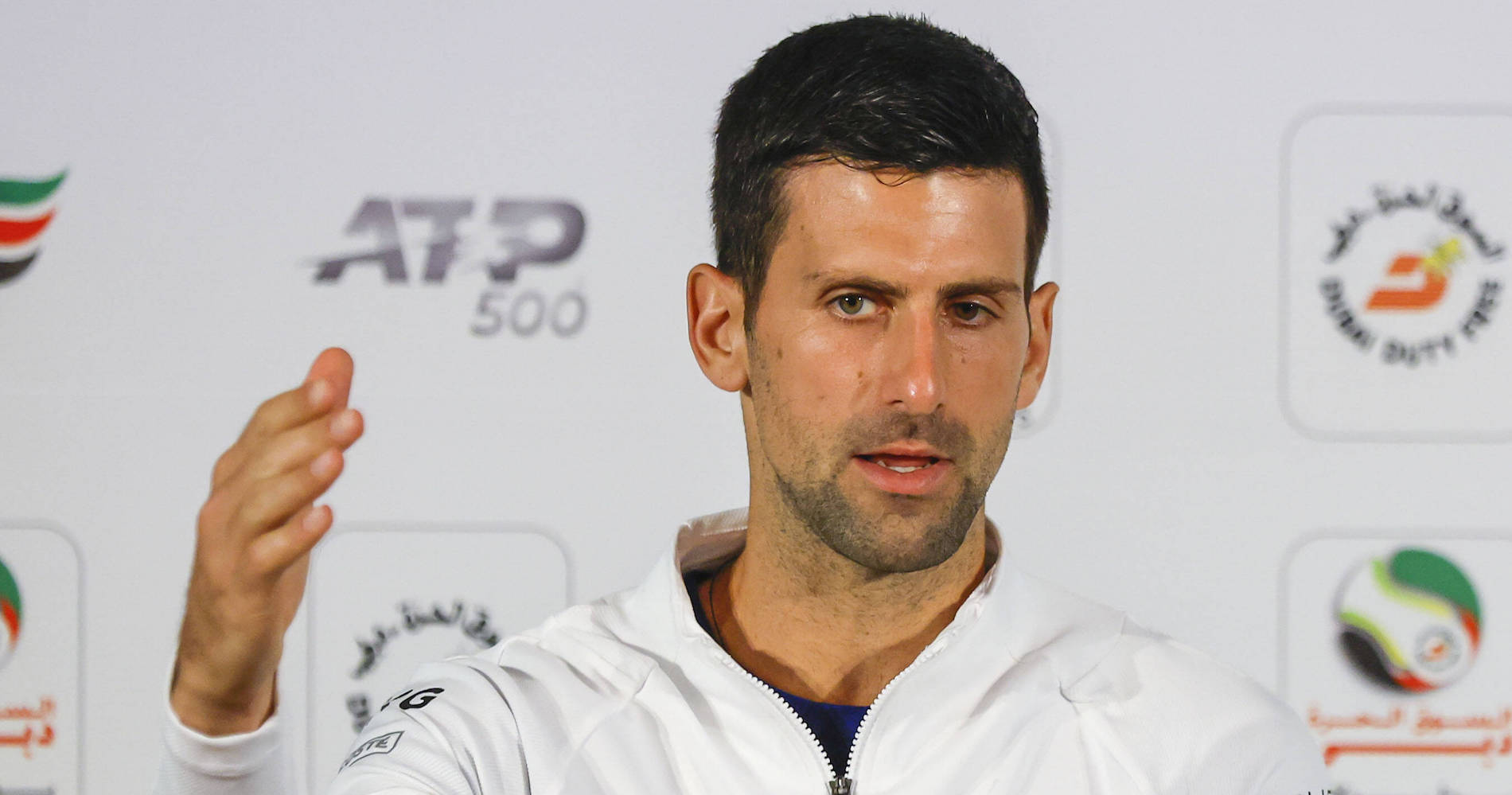
The way Djokovic is perceived in the media
Vajda was asked by Ozmo about the way Djokovic is perceived in the media, something that has long been a source of contention with his fan-base, who make their feelings clear on social media. Vajda gave his view.
“It is very complicated,” he said. “The media write what they want, perhaps to push an agenda or they want to influence something. Sometimes, they are one-sided and do not see the complexity of Novak’s personality. He is fantastic, a very nice and a positive person, which brings a lot of good energy to spectators.
Vajda said people sometimes get tired when a player is so dominant but that Djokovic deserves more credit.
“I feel that Novak is an amazing example for the younger generation of athletes and people in general,” he said. “He has attained a level where fans think his game is a miracle, but it is not – there is a lot of work and effort behind it.
“In a way, it is normal in sports that people want to see somebody else at No 1. My hope is that it has only to do with the sporting side, but I would like to see a more balanced (media) approach when it comes to Novak. Media promotes Nadal and Federer, the younger generation too – nice things are being written about Novak as well, but from my point of view, he deserves more positive coverage, he is a true champion.”
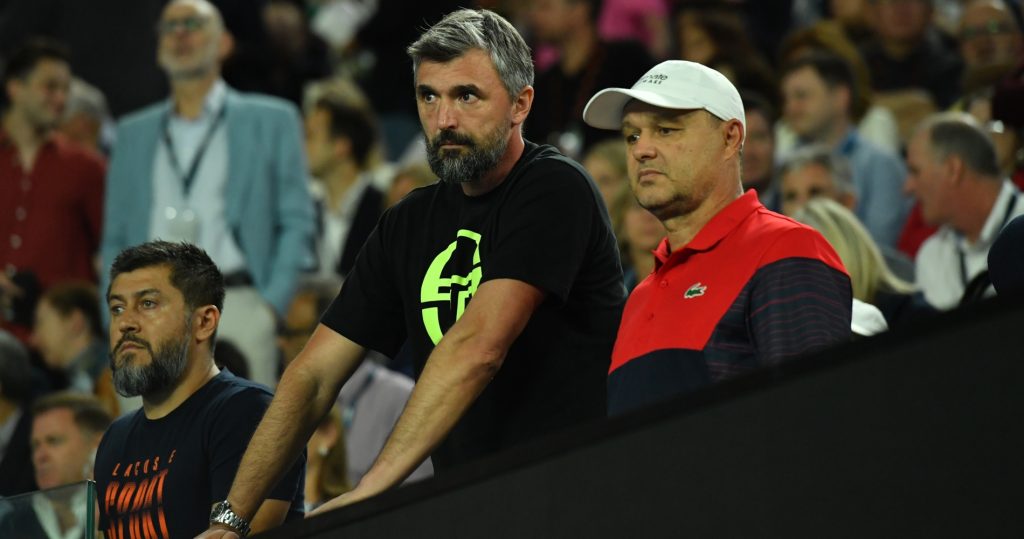
That period was probably the best lesson of his life. He came back to the top from a very rough position, only great champions can do that.
Marian Vajda, on Novak Djokovic winning Wimbledon and the US Open in 2018
Why it helped when Vajda took a break in 2017
After a few years working alongside Boris Becker in Djokovic’s team, Vajda took a step back in April 2017. Djokovic struggled for fitness (a right elbow operation eventually required a medical treatment) top form in the time they were apart and they reunited in spring 2018, to great effect as Djokovic won Wimbledon and reasserted himself at the top of the game.
Vajda said the break had done both of them good, eventually.
“It was a very tough period for Novak and for all of us – the (elbow) injury was serious, the operation, he dropped out of top 20 etc,” he said. “He was looking for new wind in his sails, he started working with Agassi and Stepanek. The chemistry was probably not that great, but the circumstances were tough also, because he was dealing with injury. It was the wrong time, unlucky for them.
“He called me back, as well as Miljan (Amanovic, the physio) and Gebhard Gritsch (his fitness coach). We started with fresh energy and we worked extremely hard – then the Wimbledon 2018 title came with that incredible semis against Rafa, followed by the US Open that same year. From this perspective, that period was probably the best lesson of his life. He came back to the top from a very rough position, only great champions can do that.”
How much longer Novak can stay at the top
Speaking in the summer of 2019, Vajda said he felt Djokovic had plenty of time left at the top of the sport, as long as his desire remains strong.
“We try to live in the present moment, because projecting too far can only be counterproductive,” he said. “I could say two, three or four years, who knows, all I know is that he is not close to stopping. I do not want to limit him, let him play another year, then another, and then another.”
